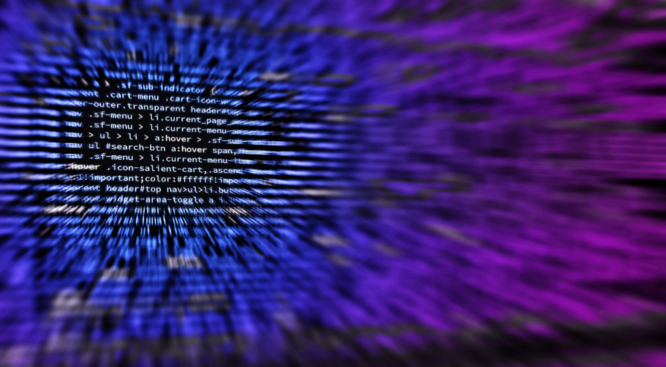Because students must analyze and debug code in order to create a successful program, coding offers them a chance to hone their problem-solving abilities. Students who learn to code benefit from the exercise of critical and logical thought that comes with decomposing complex issues into their component elements and creating algorithms to solve them. Students can develop their analytical and deliberative abilities through going through this procedure. Coding also helps students become more objective thinkers because it necessitates an outsider’s perspective on a subject. Students can improve their decision-making skills by learning to analyze situations and create algorithms.
Students get transferable skills in logic, problem-solving, and structure by learning to code. It helps pupils learn to think analytically and critically. Sharing ideas and working together on projects is great practice for kids’ communication and cooperation abilities. Last but not least, coding can aid students’ comprehension by letting them probe the depths of a topic or concept. Students can obtain a deeper understanding of how a program functions and can apply that information to real-world problem-solving by delving into the program’s internal structure.

Encourage originality in student thinking.
Students who learn to code increase their capacity for original thought and problem-solving. It inspires them to think outside the box and come up with original answers. Students who take the time to learn to code are rewarded with the freedom to explore their interests and develop their own unique voices. Learning to code can also aid children in building problem-solving abilities that will serve them well in other areas of life. This can make individuals more open-minded and imaginative, boosting their ability to solve novel challenges in novel ways.

Fosters the growth of reason
In order to discover and methodically address issues, proficient coders need to think logically. To do so, one must first identify the problem’s constituent parts before arriving at a workable solution. A solid understanding of the programming language, data structures, algorithms, debugging strategies, and testing procedures is also crucial. Writing code that is both efficient and well-structured requires a level of logic that not everyone possesses.
The formal framework provided by coding allows for more logical thought when handling problems. In order to solve difficult coding difficulties, developers often resort to a step-by-step system. Since they are able to approach the problem in a more methodical and logical manner, they are able to come up with better answers. Coding is a great way to improve one’s ability to think logically and thus to take on more challenging tasks.

In conclusion
Learning to code can help students improve their decision-making skills by introducing them to the building blocks of problem-solving and logical reasoning. Students who learn to code have better analytical skills and a better grasp of the results of their actions. Students learn to approach challenges in novel ways and develop their strategic thinking abilities as a result. Students who learn to code also develop the ability to deconstruct problems and analyze potential solutions more effectively. Overall, coding can equip kids with the problem-solving skills essential to make better judgments.

